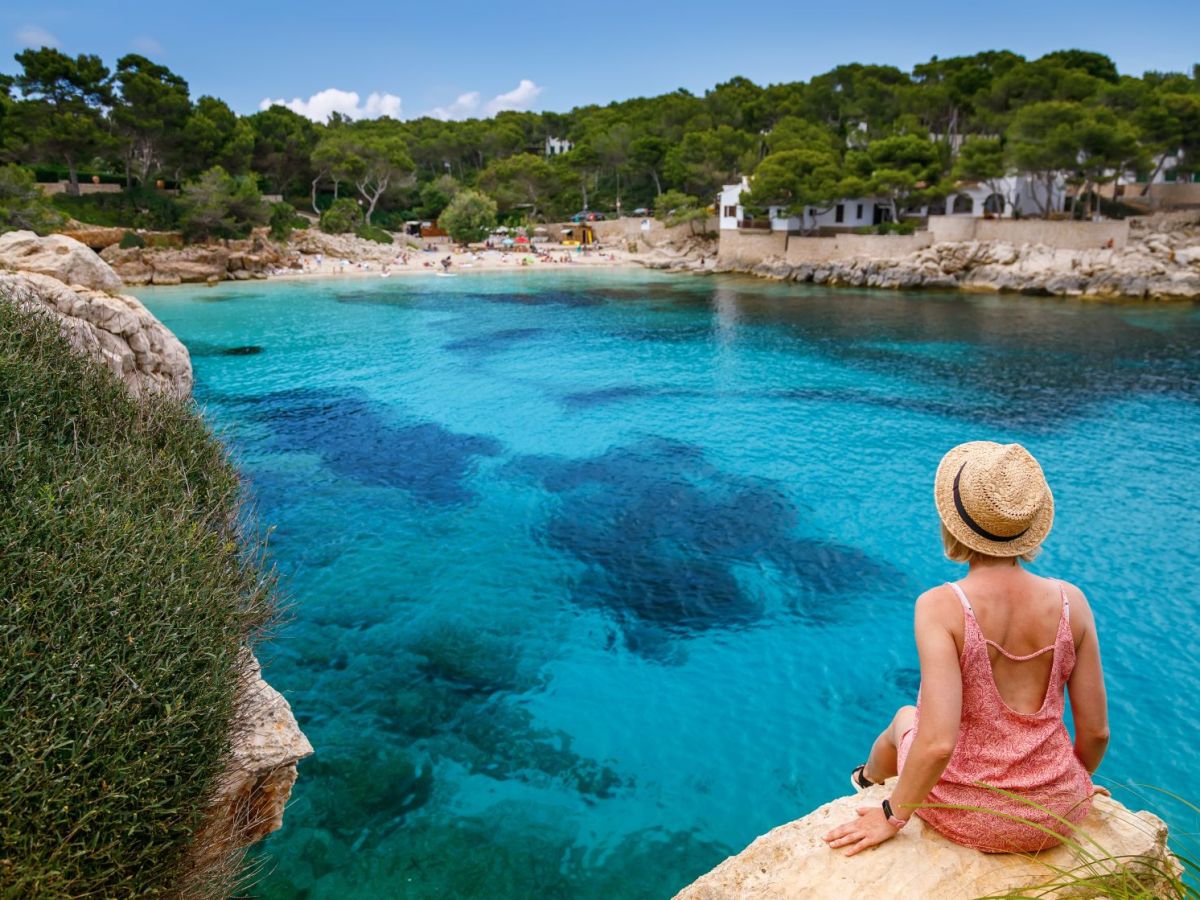However, the restrictions are being seen by the Spanish authorities as an opportunity to expand the country's luxury hotels, reports Reuters.
A recent study by real estate consultancy CBRE cited by the news agency revealed that Spain has overtaken the United Kingdom as the main European market for hotel investment. Among the ten main European cities, Madrid comes in second place and Barcelona in sixth.
In addition, investors are buying up old hotels in Spain to convert them into luxury hotels, with four- and five-star establishments up 4.5% and 2.5%, respectively, year-on-year through July.
“The luxury and lifestyle segments have great growth potential in Spain,” said Manuel Melenchon, general manager of Hyatt Hotels for Europe, Africa and the Middle East, as quoted by Reuters.
According to him, the North American hotel chain intends to have “many more” than the current 50 hotels it has in Spain, at a time when the number of tourists from the United States is growing. This year alone, it has already opened a five-star hotel in Barcelona and will also open two more properties in Mallorca and Tenerife.
Meliá CEO Gabriel Escarrer believes that “the commitment to quality is a positive and necessary step towards changing the tourism model” in the country, adding that the largest Spanish hotel group will continue to focus on the luxury segment, which represents 63% of its portfolio and has boosted its revenues.
Madrid, in particular, has positioned itself as a luxury destination in recent years, due to the new five-star hotels, and the figures justify this focus: in July, tourists spent an average of 317 euros per day in the Spanish capital, above the national average of 195 euros and higher than the average of 220 euros spent in Catalonia per visitor.
However, this focus could be risky, given that most tourists visiting Spain are looking for affordable holidays, as data shows — demand for hotels increased by 9.5% in the first seven months of the year, while demand for tourist apartments increased by 27%.
















